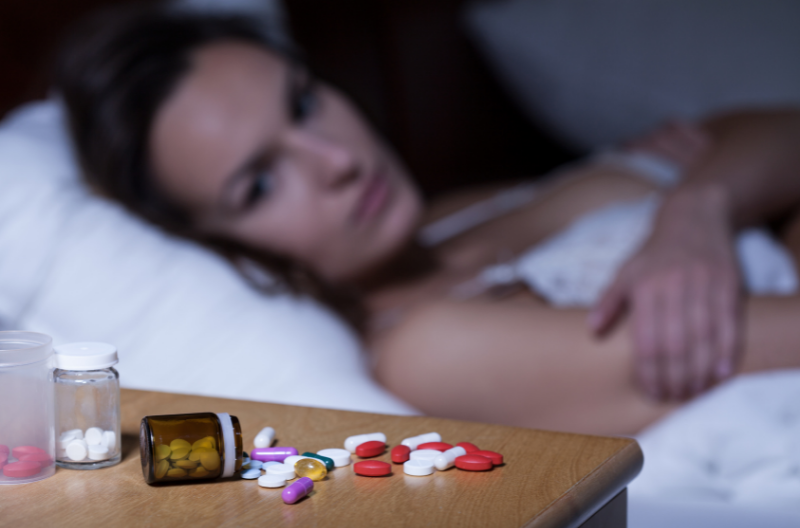The American Sleep Association estimates that up to 70 million Americans suffer from sleep issues. Moreover, whether they have a sleep condition or not, more than one-third of Americans do not get enough sleep regularly.
It is a significant issue. In the short term, lack of sleep impairs judgment, mood, learning, and retention capacity. It may raise the risk of catastrophic accidents and injuries. Chronic sleep deprivation can lead to health issues, including obesity, diabetes, cardiovascular disease, and even early mortality.
What exactly are these sleeping pills
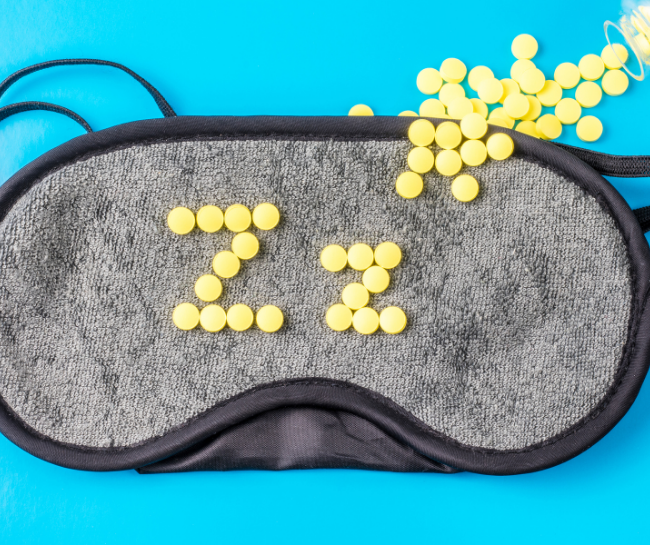
Sleeping pills are intended to do just what their name suggests: assist people in falling asleep. Those who suffer from sleep problems such as insomnia may find that these drugs help them nod off. Suppose you have a habit of waking up in the middle of the night. In that case, sleeping medications may also assist you in remaining asleep for the duration of the night.
What is the efficacy of sleeping pills
According to several studies, sleeping drugs are not very effective in fostering a restful night’s sleep. Most individuals who use sleeping pills fall asleep eight to twenty minutes sooner than those who do not. You may gain an additional 35 minutes of sleep on average.
In most cases, sleep aids should be limited to a short time. They might be of the most assistance to you if an emotionally taxing event in your life, such as a breakup or a family death, keeps you up at night.
Is it hard to stop taking sleeping pills
If you think about how to get off sleeping pills naturally, it can be pretty tough. Sleeping medication is physically and psychologically addictive – people who abuse them may quickly become dependent on their use of these drugs in order for life-normal functions like sleep patterns or mood regulation; without access (or an interruption) from prescriptions that contain zolpidem tartrate tablets, they would experience withdrawal symptoms which could potentially cause chaos within one’s daily routine because something needs always being there when we want our brains working best!
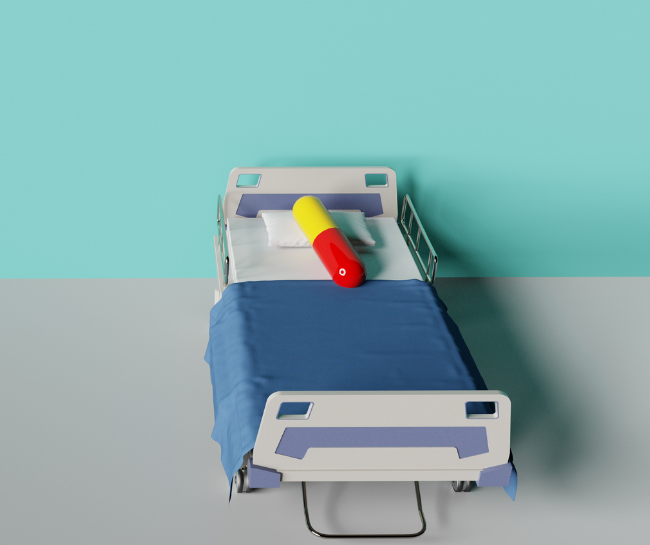
Sleeping pill symptoms of withdrawal can be severe, but they vary from person to person depending on various factors such as the intensity and length of the addiction. Some symptoms can be fatal if not addressed by a medical practitioner. Doctors monitor the individual in withdrawal to assess vital signs and manage any potential health risks during medical detox. The symptoms of stopping the sleeping pills include difficulties sleeping, agitation, anxiety, shivering, and circulatory issues. The doctor may administer intravenous (IV) fluids to restore the body and balance electrolytes in these circumstances.
What are some of the possible adverse effects of sleeping pills
About eight out of ten people get a hangover the day after using sleep medication. They are tired, have clouded thinking, and have dizziness or balance issues. These effects throughout the day might impair your driving ability, work, go to school, and do daily duties.
The side effects of over-the-counter and prescription sleeping medications (and supplements) include:
- Diarrhea or constipation
- The mouth is parched.
- Headaches.
- Muscle fatigue.
- Digestive issues such as gas, heartburn, and nausea
What are the long term effects of taking sleeping pills

When you use sleeping pills on a daily basis, your body may become reliant on them, and you may ask yourself how to get off sleeping pills naturally. When you stop using the medication, your sleeplessness may worsen. It is known as rebound insomnia.
Furthermore, people who take sleeping drugs for an extended length of time are more prone to encounter severe negative effects. As people continue to take these tablets, the chemical accumulates in their bodies, causing undesired side effects. High blood pressure, irregular pulse, and depression are all possible side effects.
What can I take instead of sleeping pills
Healthy sleeping aids are typically thought to be safer than over-the-counter and prescription drugs. It’s because they have fewer adverse effects than prescription medications.

Some people are concerned that taking prescription medicine would cause them to become reliant on it. If this occurs, people may have withdrawal symptoms if they discontinue use. They may also have more trouble falling asleep after stopping usage.
Consuming healthy sleeping aids for a short period usually does not result in dependence. When taken for a short time, natural sleep aids provide little danger of side effects or consequences. Herbs, frequently used as natural sleep aids, are not regulated by the United States Food and Drug Administration (FDA), so use them with caution.
How can I sleep better naturally
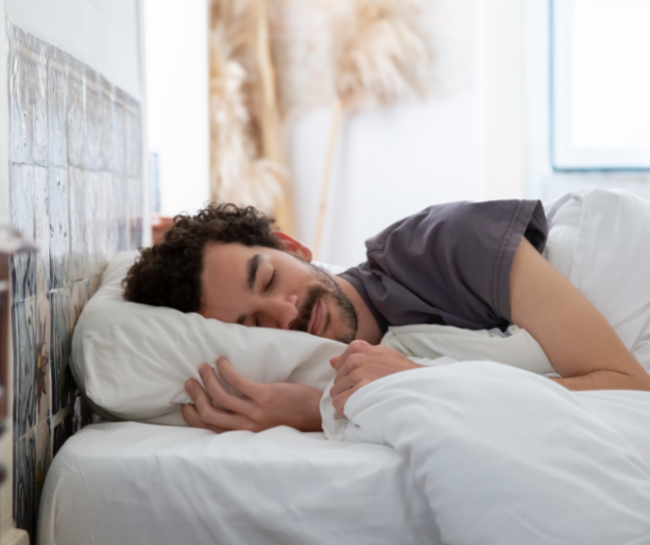
Natural mainly refers to over-the-counter sleep aids that do not require a prescription. They make it easier to relax, calm anxious feelings, and have a good night’s sleep. There are a lot of natural sleep aids, and many of them are connected to other health-promoting practices as well, such as improved digestion and pain alleviation.
💡Altering your schedule, nutrition, or behaviors may be needed to get a sufficient amount of sleep. Always begin with non-medical and non-herbal remedies and treatments.
- Chamomile
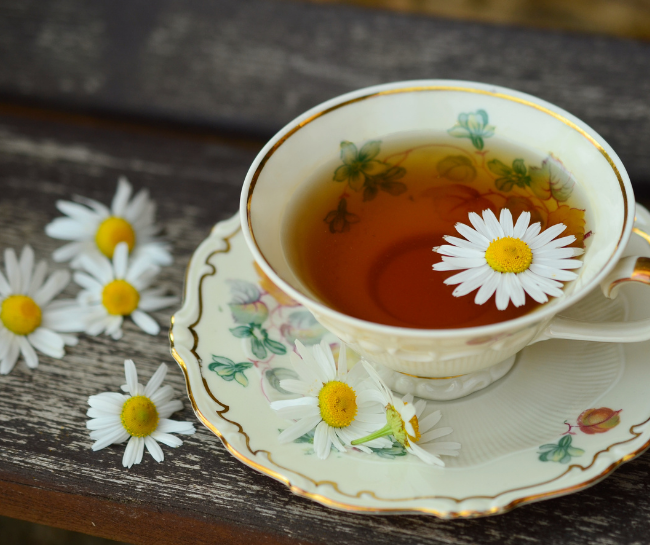
Chamomile is a mild plant that has been shown to have a sedative effect. It helps one relax and fall asleep more easily. According to a study conducted in 2016, chamomile tea can help increase the quality of sleep experienced by postnatal mothers. Additionally, it improved depressive disorder symptoms.
- Passionflower

Passionflower is a plant that contains compounds that are relaxing. It induces sensations of relaxation and tiredness and is occasionally blended with other plants in herbal blends.
According to a 2016 research, Passionflower reduced sleep difficulties when taken for four weeks. Participants in the study also reported lower levels of anxiety. You may create a tea out of the herb and consume it before bed, or you can take it in pill form. Up to 15 drops of passionflower essence are advised before bedtime.
- Lavender

Lavender is a fragrant herb used in the production of medicine, perfume, and oil. It is believed to improve health and well-being. Its calming influence can aid in the induction of sleep. Lavender was proven to help enhance sleep quality in postpartum mothers in a 2015 research. For eight weeks, participants breathed lavender aroma before going to bed.
Will sleeping pills show on a drug test? Know more by clicking Will Sleeping Pills Show On A Drug Test?

